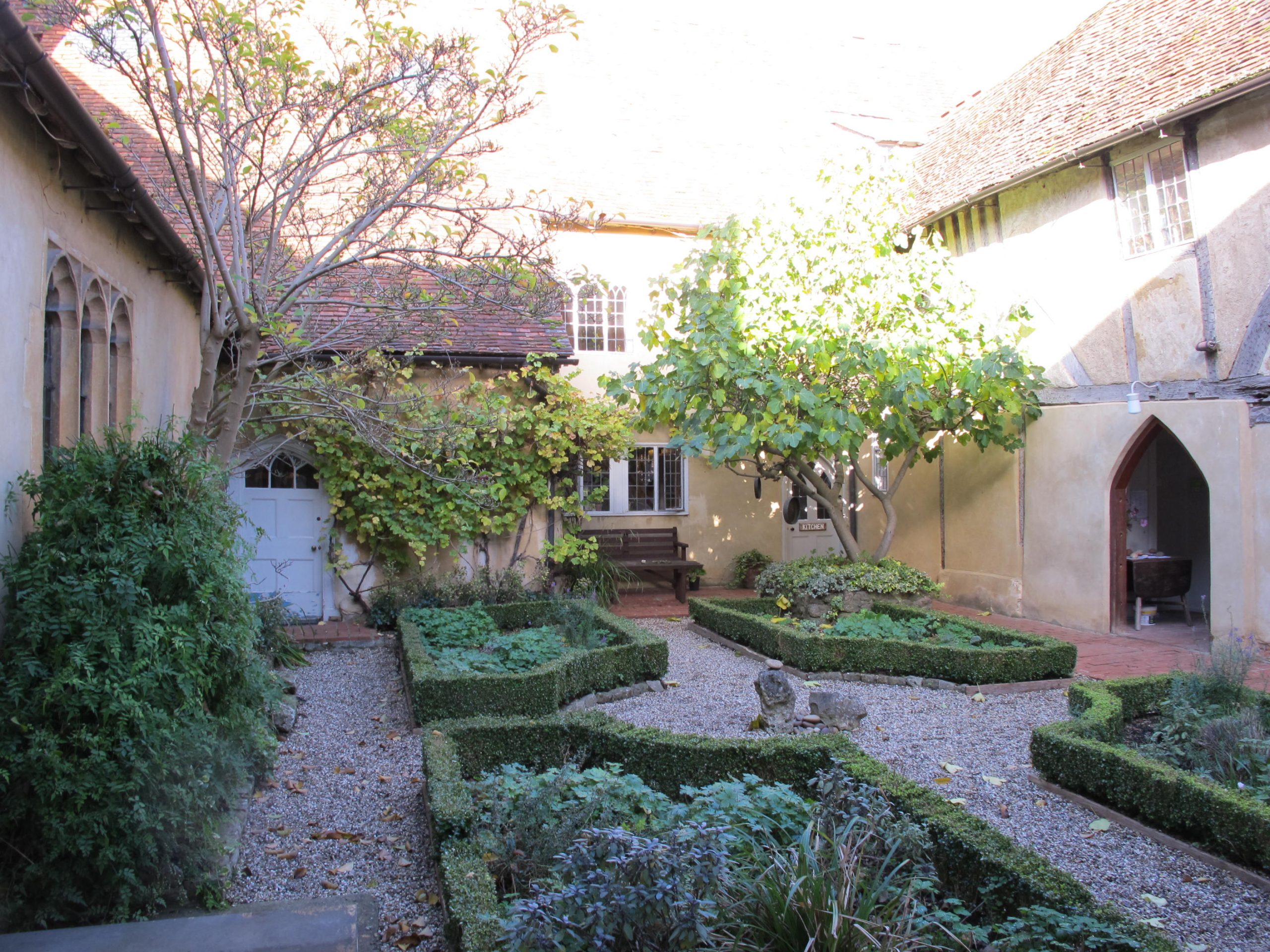
Energy efficiency at 13th Century retreat
The Abbey in Sutton Courtenay is a retreat centre with live-in residents as well as a guesthouse, all housed in premises which date from the 13th Century when the building was constructed as a rector’s house.
The building has stone walls and a timber frame, with little natural insulation, leaving guests regularly complaining about cold rooms and The Abbey’s owners spending excess amounts on their energy bills.
The Abbey was originally built as a rector’s house between the early to mid-1200s and late 1400s, and now has Grade I listed building status. It’s a two-storey building, constructed from stone and timber with clay roof tiles and windows that date from the 14th Century.
In more recent times the building has been converted into a retreat centre for a residential community and for guests. The space now houses office space, residential areas, rooms for meditation and yoga, and more. There is also an adjacent guesthouse, in a more modern building.
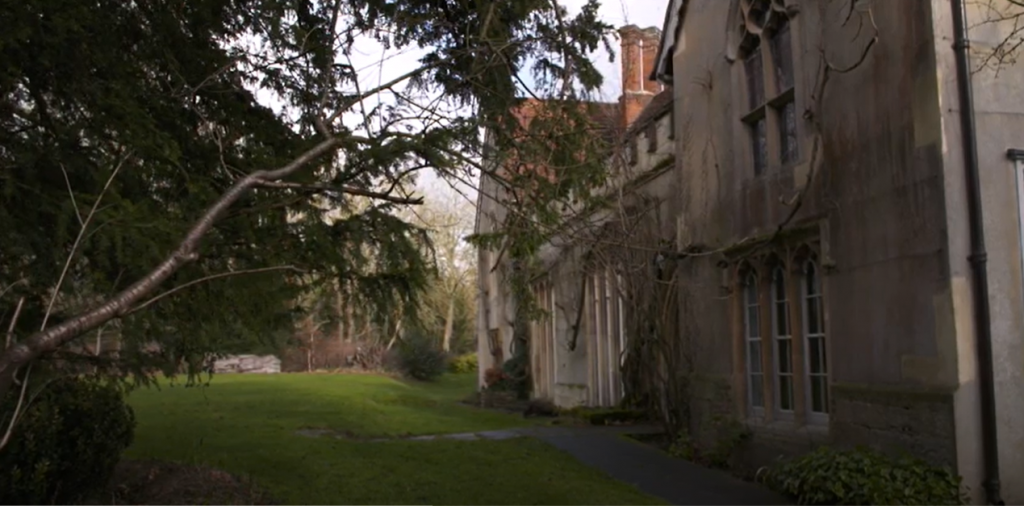
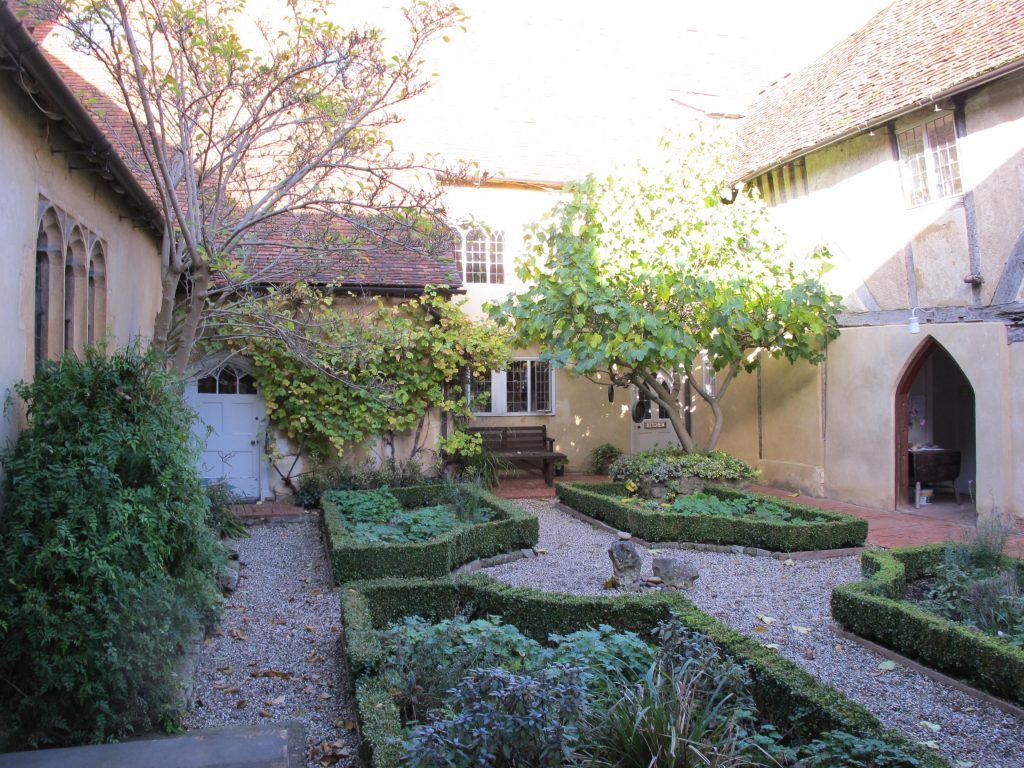

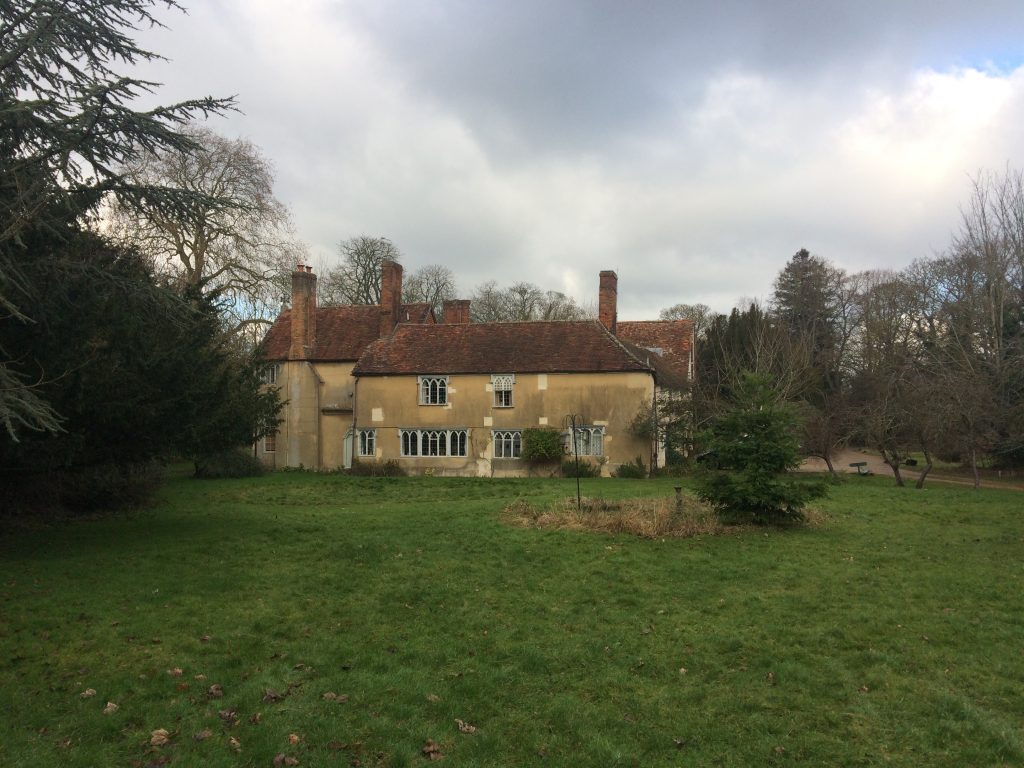
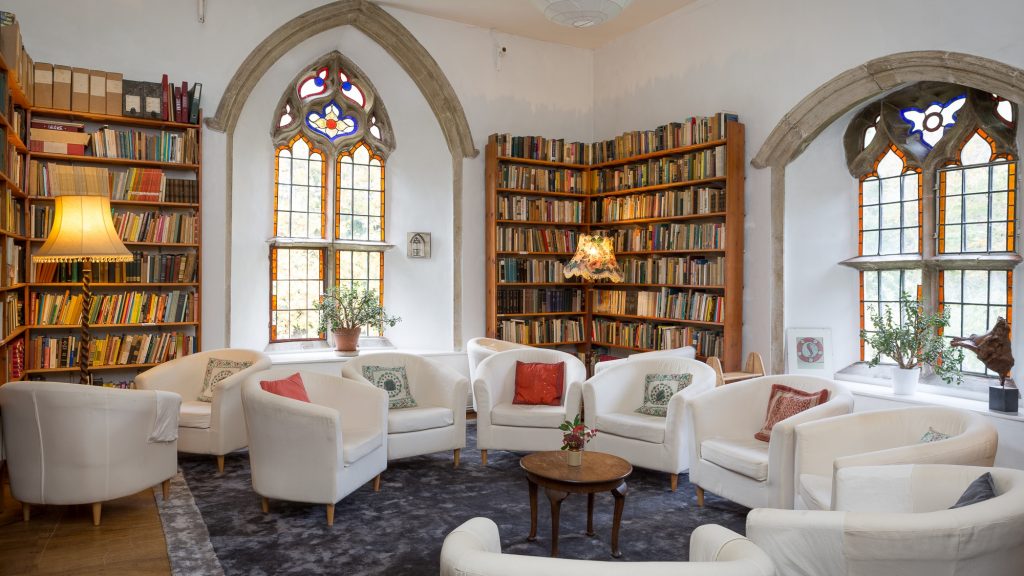
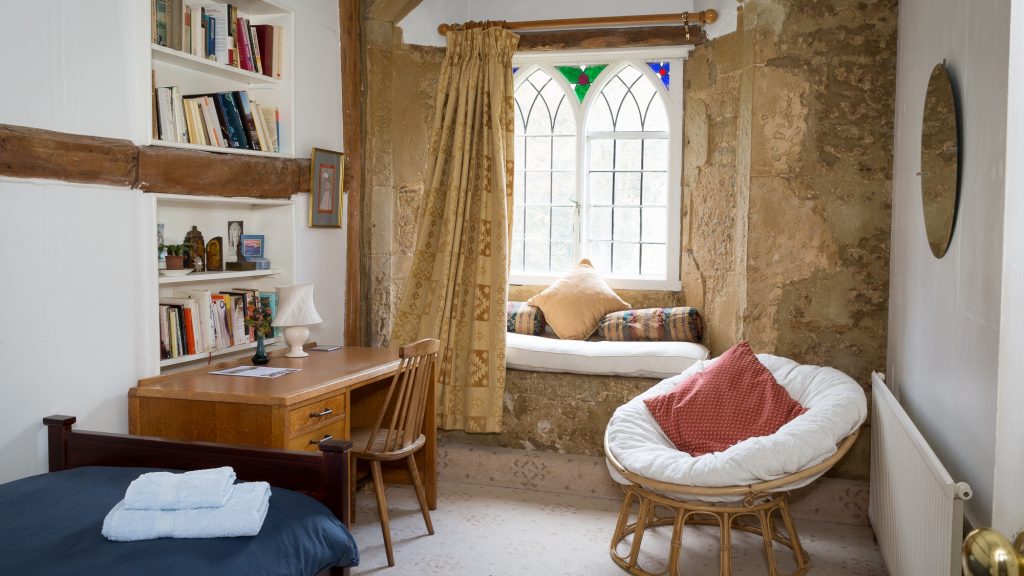
Motivation for energy efficiency
At The Abbey, ensuring comfort for both residents and guests is paramount. Despite spending significantly on heating costs, numerous complaints about cold rooms prompted proactive measures. Because of these issues an energy efficiency assessment was commissioned and implemented recommended improvements to enhance the guest experience.
37,871 kWh
electricity used per year
156,190 kWh
gas used per year
£6,618
annual energy spend
“The audit really helped us think clearly and make the case for change.”
Linda Hull, Development Coordinator at The Abbey
Following the on-site energy efficiency assessment, the team decided to first focus on the guest house in order to make the rooms more comfortable for guests. Several energy efficiency measures were installed, the key ones being: modern electric heating, loft insulation, LED lighting, as well as behavioural change for their team.
Installing electric heaters
The guest house was originally heated using night storage heaters, which were proving inefficient – heating the building up during the day when it was not in use, but having cooled down by the evening when guests were back in their rooms.
The Abbey were recommended to replace this system with wall-mounted electric heaters, providing more heating in the spaces required at the times needed. The heaters are controlled with thermostats, meaning that there is much more control over each room’s heating, reducing heat loss and ensuring that guests can manage their own temperatures better.
Installing the new heaters was estimated to save 5,492 kWh of energy and £276 per year on energy bills.
Loft insulation
The energy audit discovered that the guest house only had 50mm of insulation installed in the loft instead of the recommended 300mm. It was also poorly laid and patchy in some places.
Up to 25% of a building’s heat is lost through the roof, and so it was recommended that they install loft insulation to reduce heat loss and improve comfort levels for guests.
The mineral wool insulation was installed by a team of volunteers from Shed Oxford, reducing the potential labour cost of installation. Improving the insulation of the loft was estimated to save 10,174 kWh of energy and £1,170 per year.
LED lighting
The guest house was using traditional 60W light bulbs throughout the building. The audit recommended that the switch to LED lights could save them £217 a year for only a £115 upfront installation cost. The new LED lights will last for up to 35,000 hours, whilst still providing a cosy, warm yellow light.
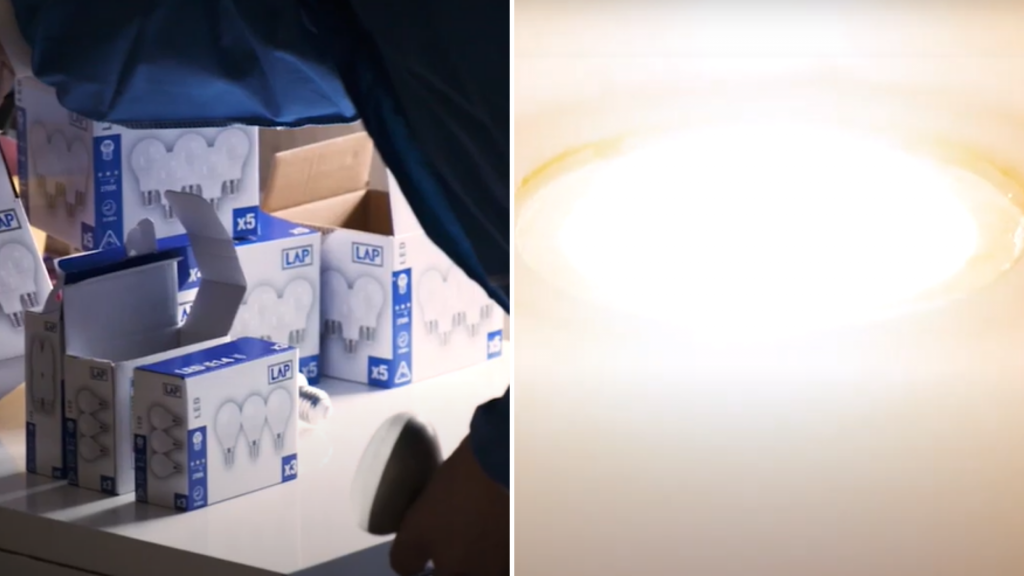
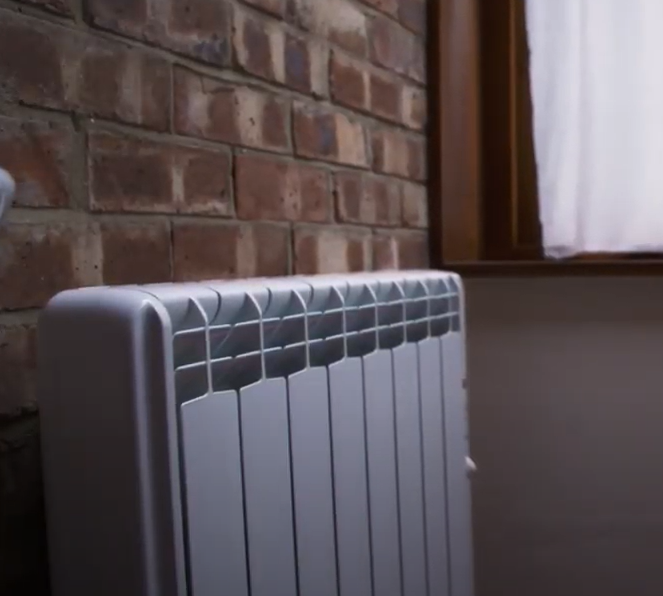
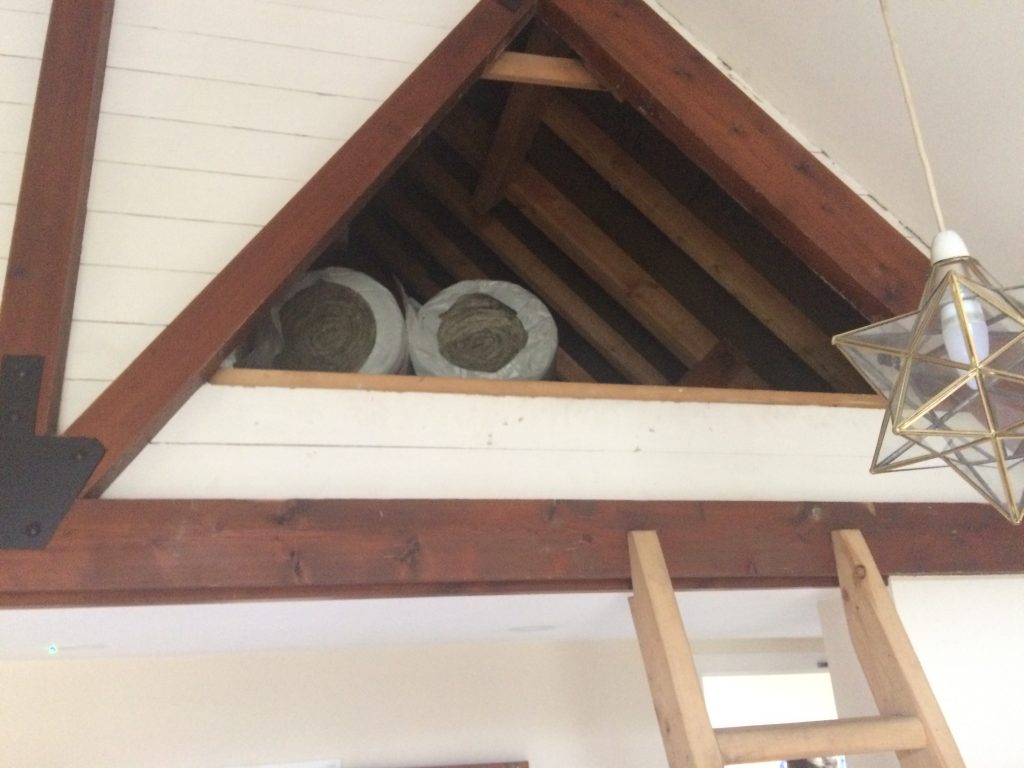
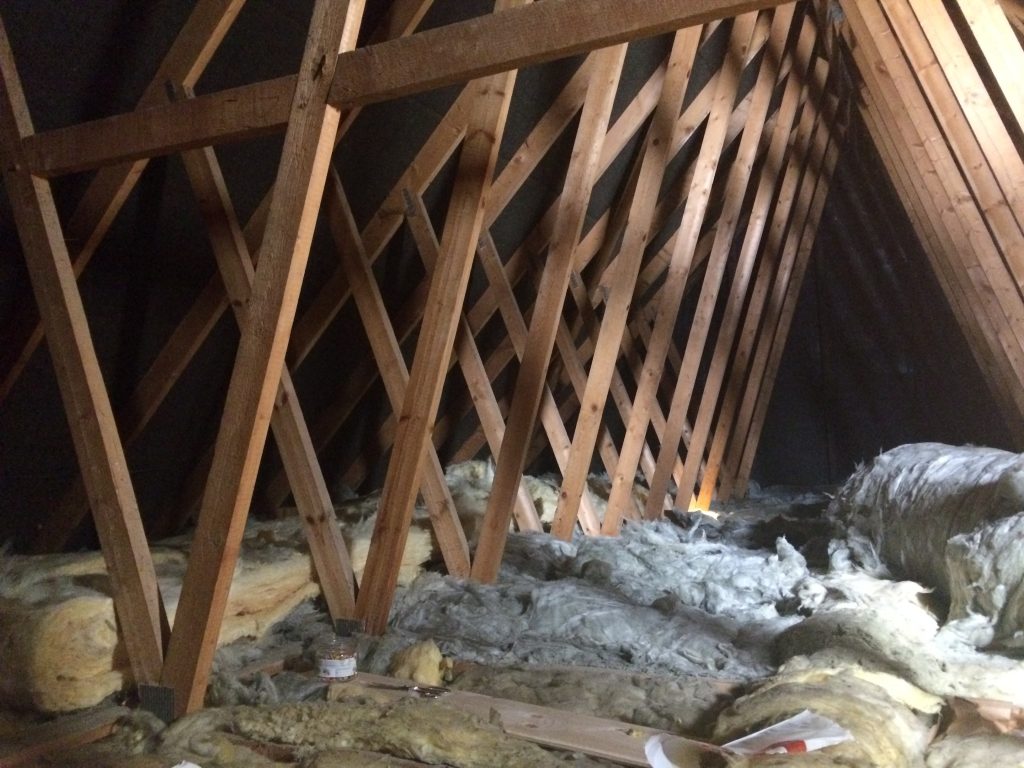
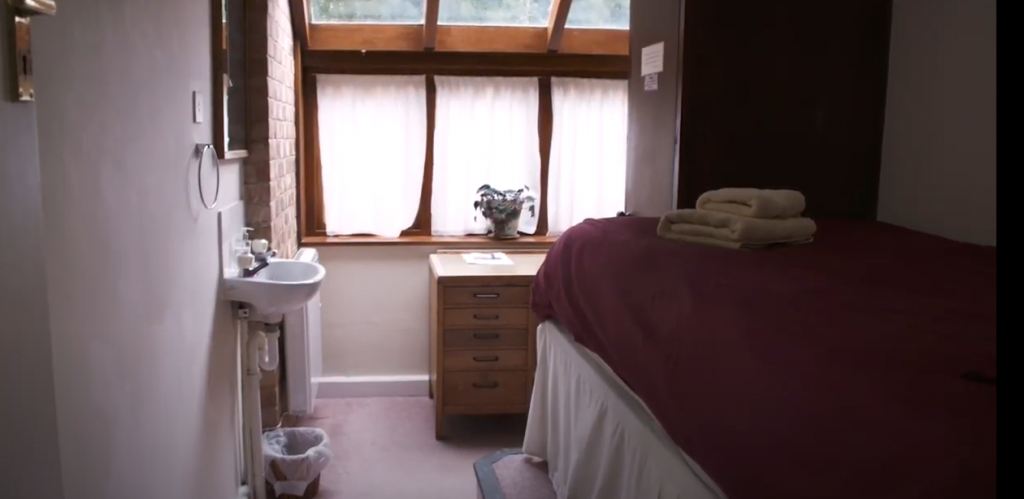
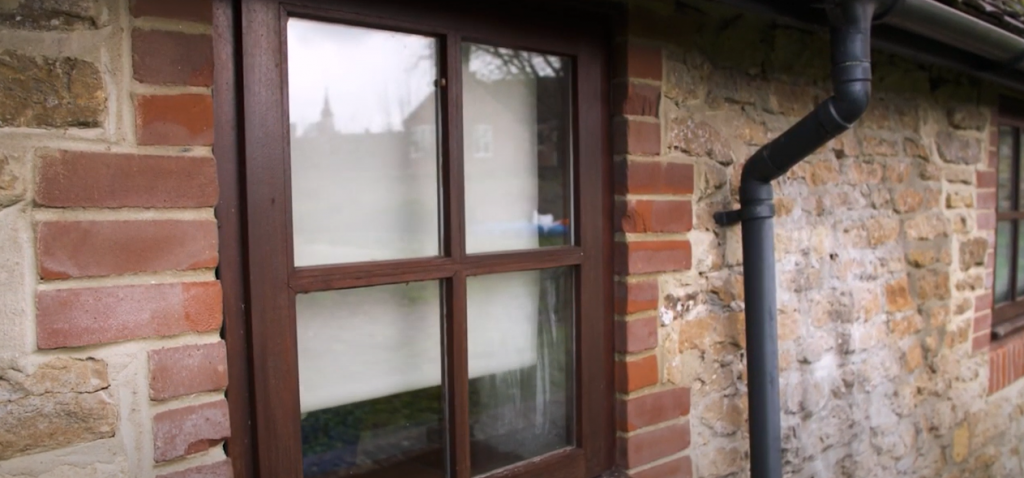
Discover how you could be saving energy with an Energy Assessment
Are you inspired to reduce your energy waste? We can help. Book an Energy Assessment with our expert team and find out how you manage your energy to save money on your bills and cut your carbon emissions. Businesses typically save 19% on energy costs after implementing our recommendations.
